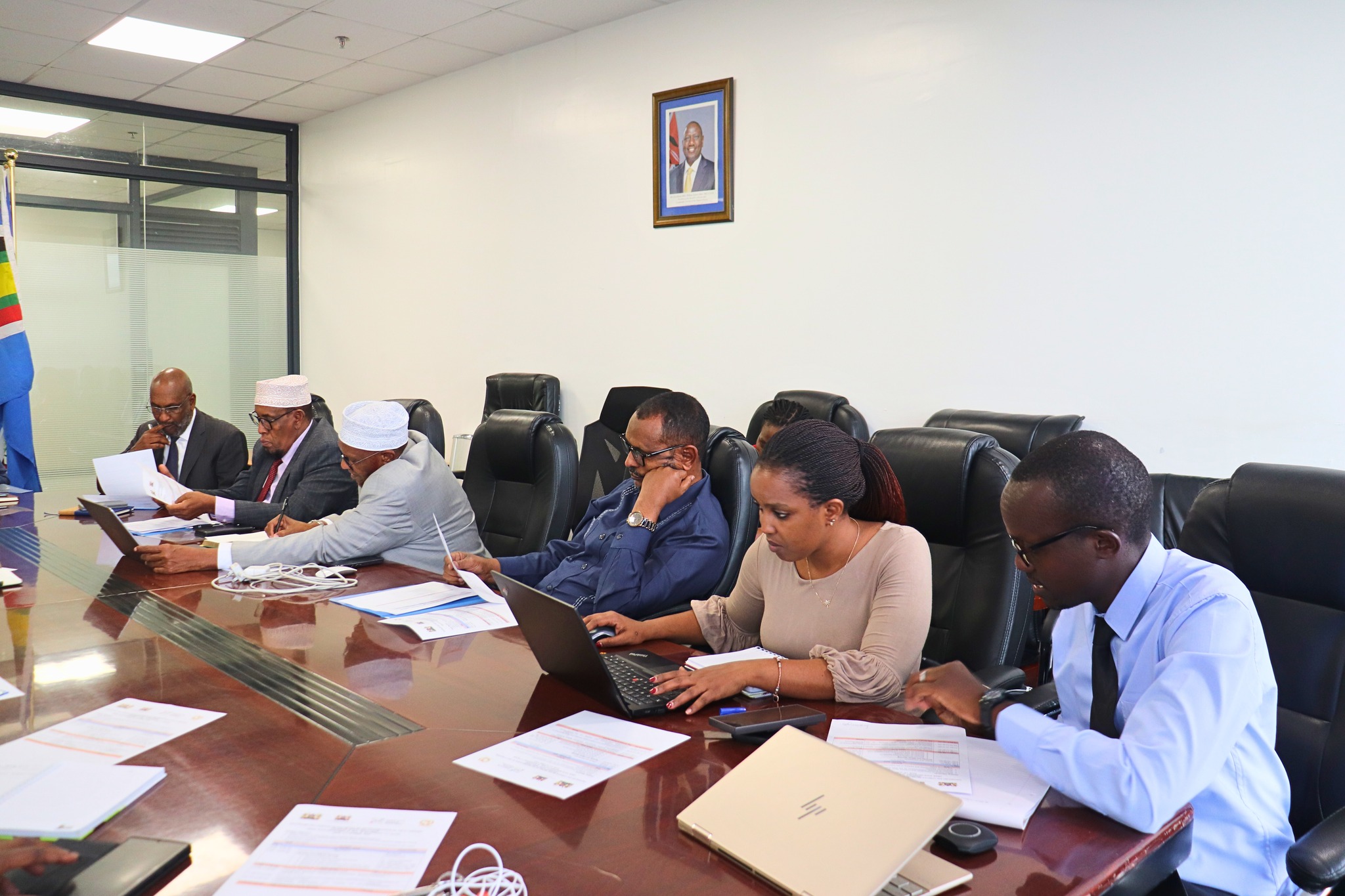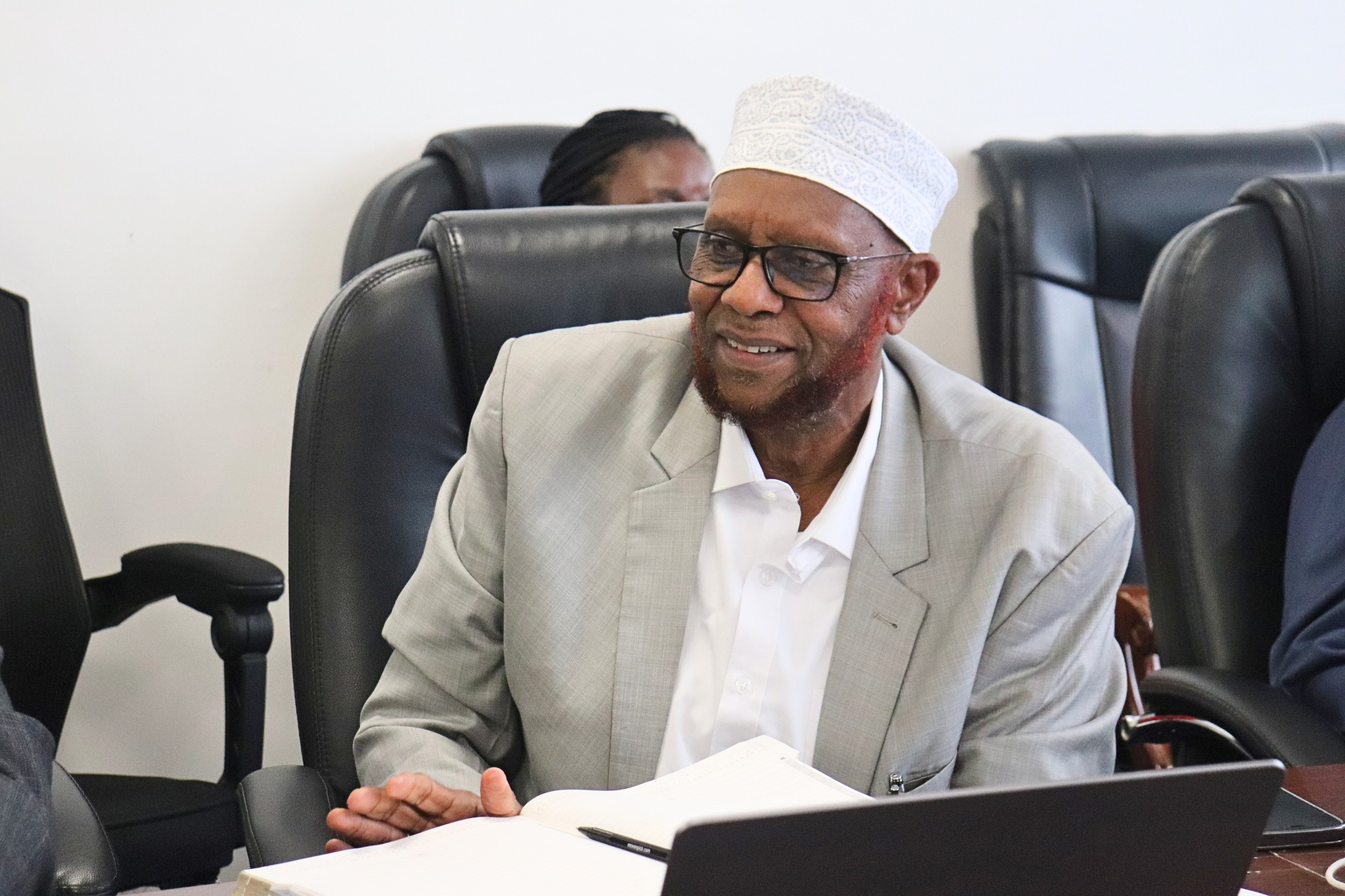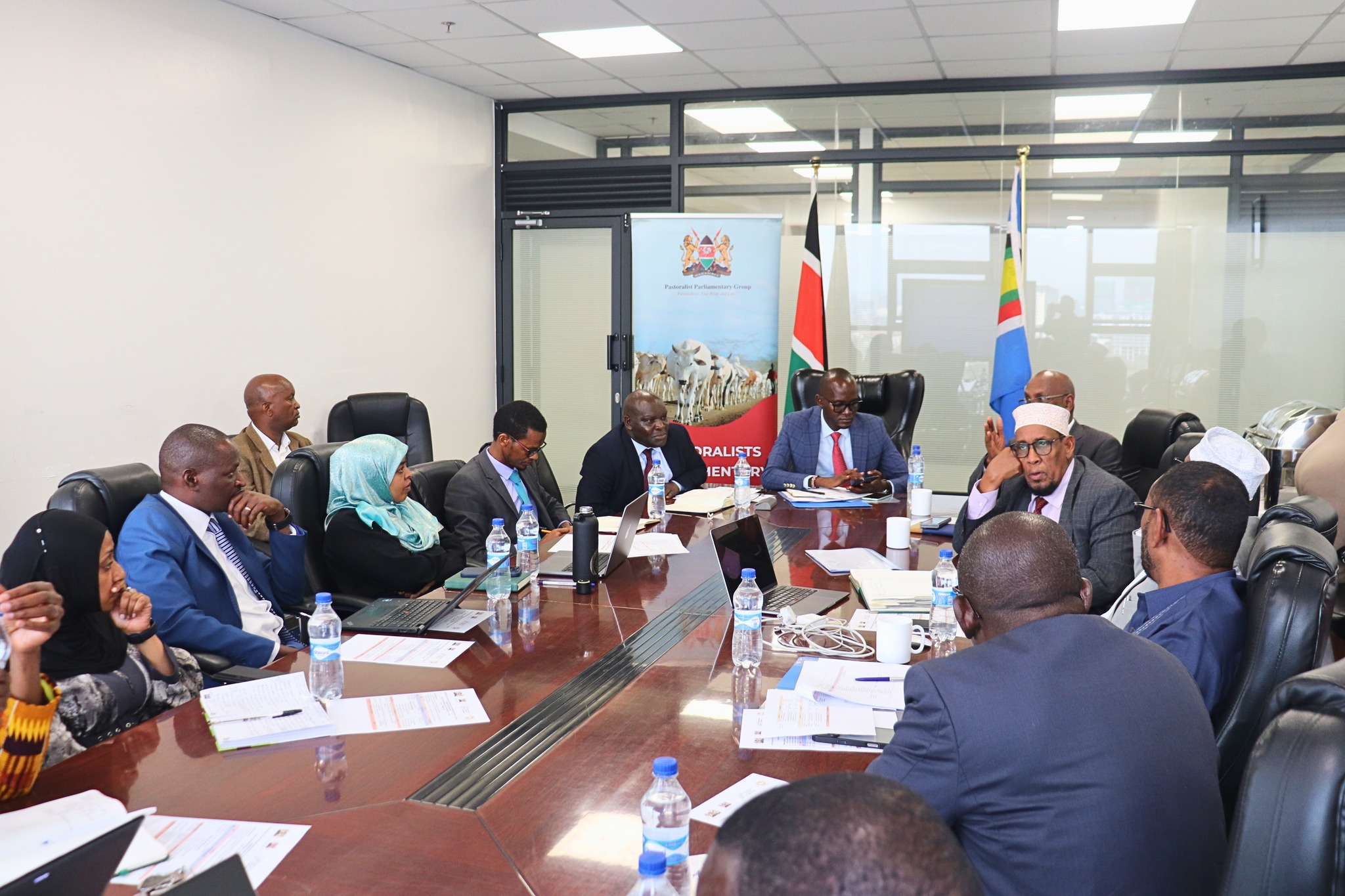The Drylands Learning and Capacity Building Initiative (DLCI), in partnership with the State Department for Arid and Semi-Arid Lands (ASALs), convened the Pastoralism and Livestock Sector Working Group on October 14, 2025, to review progress on implementing the 4th Pastoralist Leadership Summit (PLS) Resolutions and strengthen coordination across Kenya’s livestock sector.
The meeting, held at the State Department for ASALs boardroom, was officially opened by Mr. Lore Ambrose, Acting Secretary for ASALs, on behalf of Principal Secretary Hon. Kello Harsama, who reaffirmed the government’s commitment to building a resilient and productive livestock sector.

He emphasised the importance of multi-stakeholder collaboration in addressing the challenges facing pastoralist communities in Kenya’s drylands.
Key contributions were made by Dr. Tahira Mohamed from the International Livestock Research Institute (ILRI), Dr. Jarso Mokku, CEO of DLCI and the Pastoralist Parliamentary Group (PPG), Hon. Mohamed Elmi, Chairman of the National Livestock Development and Promotion Service, and Hon. Adan Yusuf Haji, MP for Mandera West and Thematic Lead on Pastoralism and Livestock in the PPG.
The leaders reflected on progress achieved so far and outlined priority actions to accelerate the implementation of the PLS resolutions.
A detailed presentation by Mr. Bethuel Kimaini on the Presidential Directives Management Information System (PDMIS) offered participants insights into how national and county-level progress on key directives is being tracked and monitored.

The meeting also highlighted the ongoing initiatives within the State Department for Livestock, underscoring the need for closer collaboration between national, county, and development partners to strengthen livestock value chains, improve productivity, and enhance resilience among pastoral communities.
By reaffirming a shared vision for sustainable livestock development, the session marked a significant step toward building a more inclusive, coordinated, and resilient pastoral economy that supports livelihoods and promotes long-term growth across Kenya’s ASAL regions.

